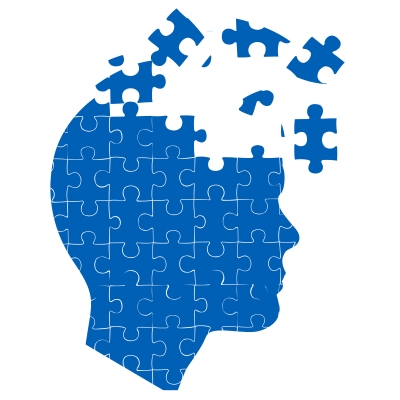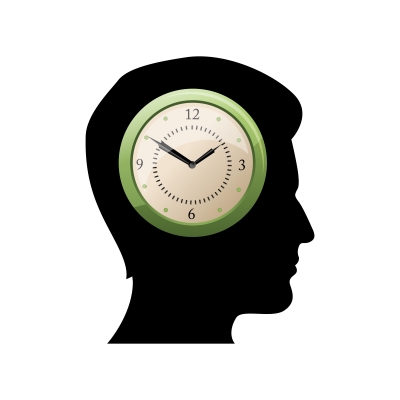Study Explores Possible Link between Alzheimer’s and Depression, Irritability
A new study has suggested that symptoms of depression could indicate a future Alzheimer’s diagnosis. Over a period of seven years, scientists from the Washington University School of Medicine examined over 2,400 seniors, half of whom developed dementia. The patients who eventually received a dementia diagnosis exhibited behavioral and emotional symptoms, such as …











